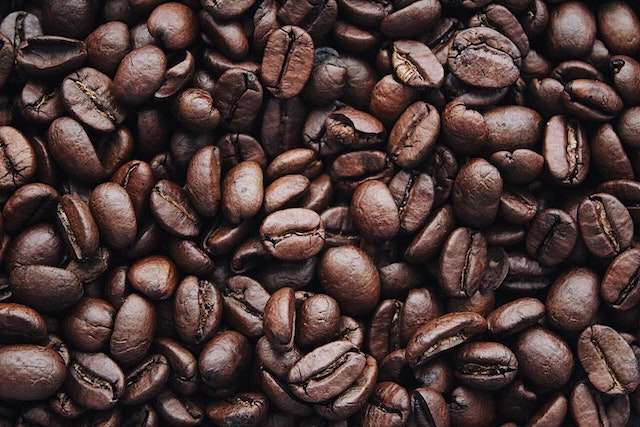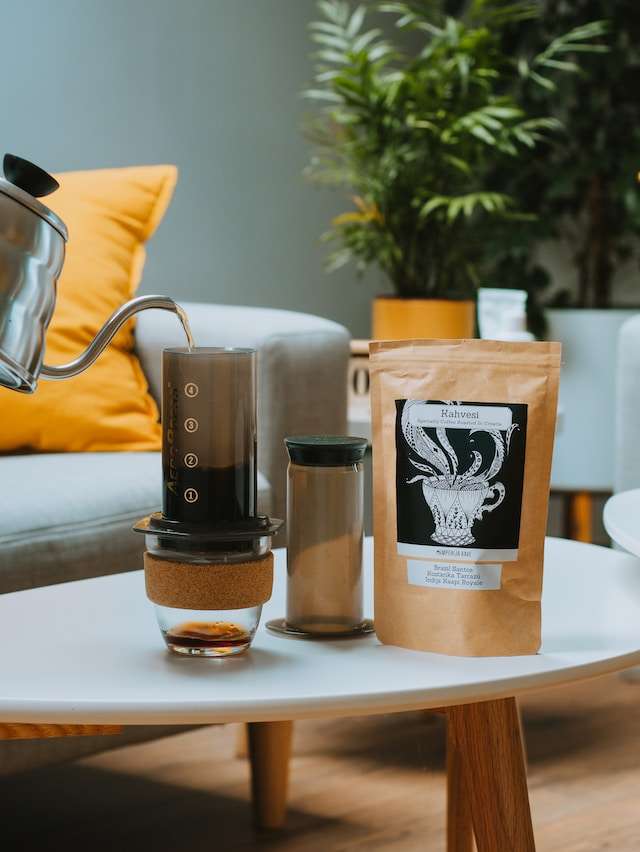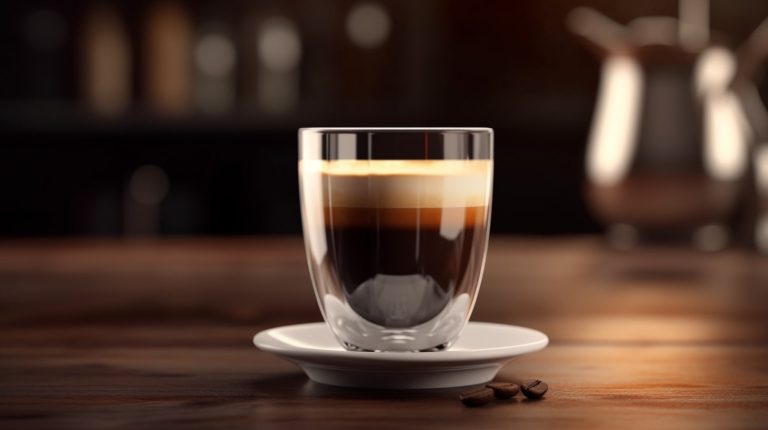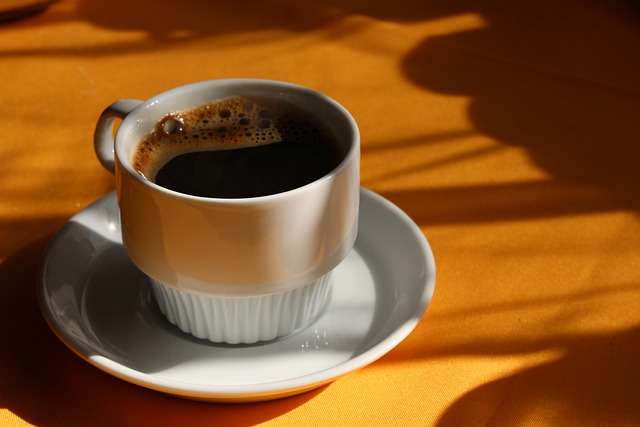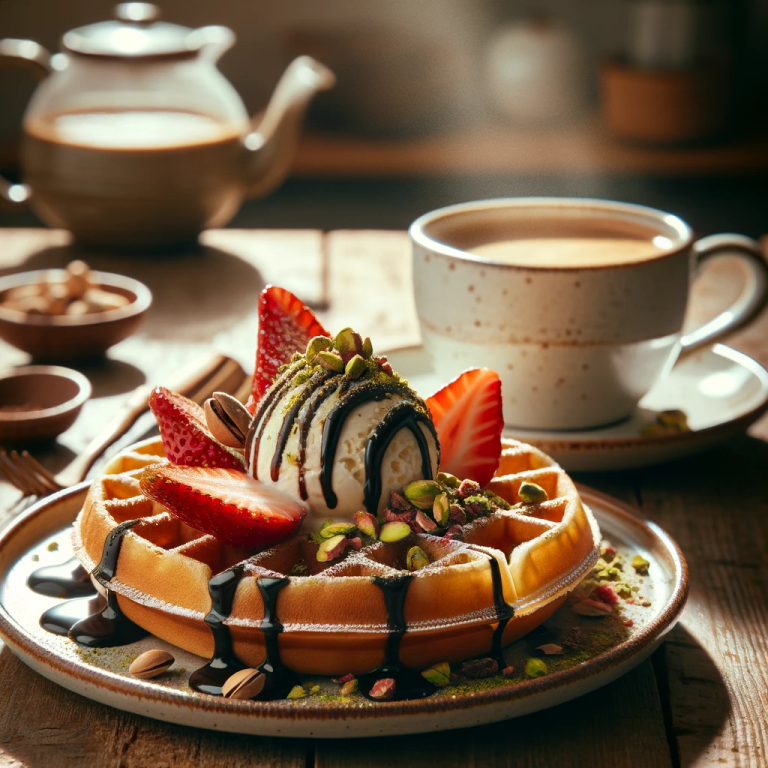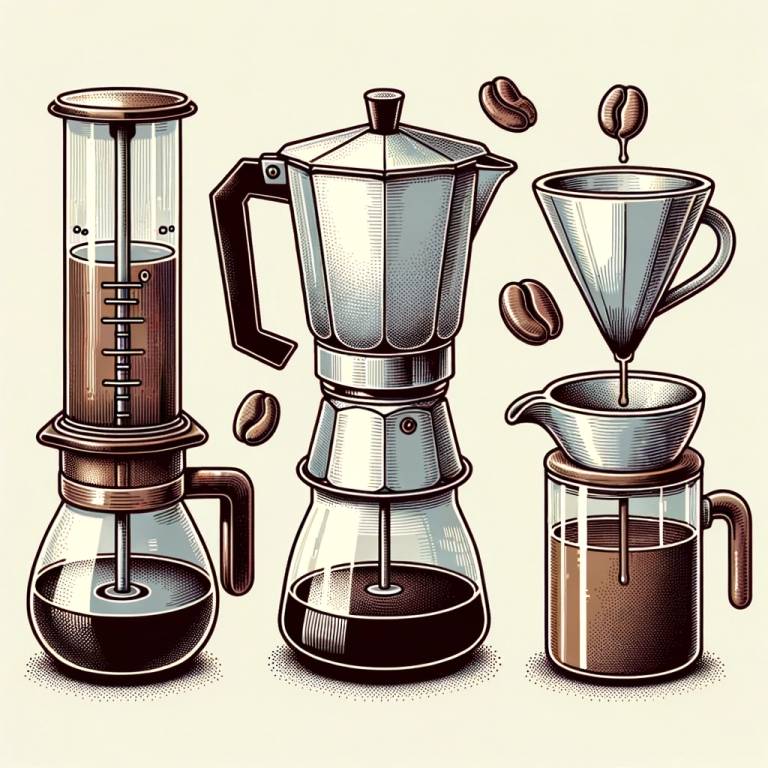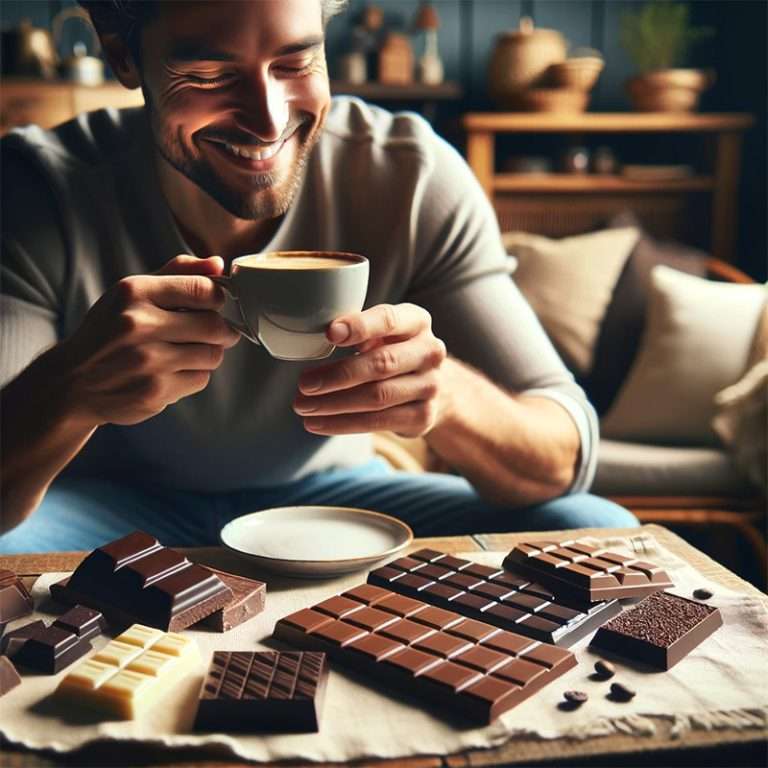What Coffee has the least Caffeine?
Coffee has long been cherished for its delightful aroma and rich taste, earning a special place in the hearts of millions worldwide. From the morning cup that kickstarts our day to the afternoon pick-me-up that fuels productivity, coffee has become an indispensable aspect of modern life. But there’s more to coffee than just its flavor and warmth; the caffeine kick it provides is another major reason behind its popularity.
However, caffeine isn’t suitable for everyone, as it can cause varying effects on different individuals. For some, a low-caffeine coffee is a more appropriate choice. So, the question arises: what type of coffee has the least caffeine? In this article, we will delve into the world of coffee, exploring various factors that affect caffeine content and identifying coffee types with lower caffeine levels.
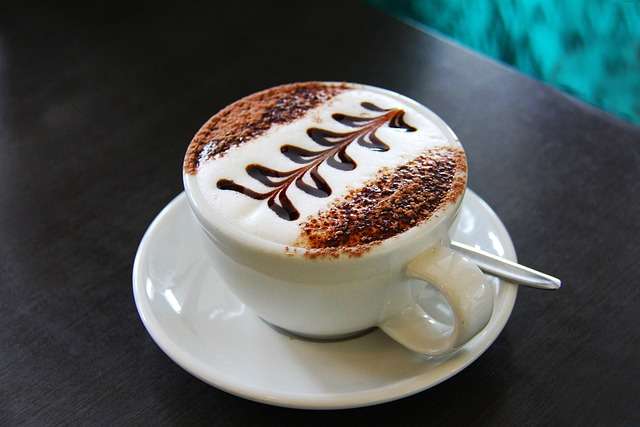
Caffeine 101
Before we proceed, it’s essential to understand what caffeine is and how it affects us. Caffeine is a natural stimulant commonly found in tea, coffee, and cacao plants. It works by stimulating the brain and central nervous system, thereby keeping you alert and delaying the onset of tiredness.
Although caffeine has its benefits, such as improved cognitive function and physical performance, excessive consumption can lead to adverse effects. These include restlessness, insomnia, headaches, and an increased heart rate. Hence, knowing the caffeine content of your coffee becomes crucial to enjoy its benefits without overdoing it.
On average, an 8-ounce (240-milliliter) cup of coffee contains around 95 milligrams of caffeine. However, this value can vary significantly, ranging from as low as 30 milligrams to as high as 200 milligrams, depending on several factors like the coffee type and preparation method.
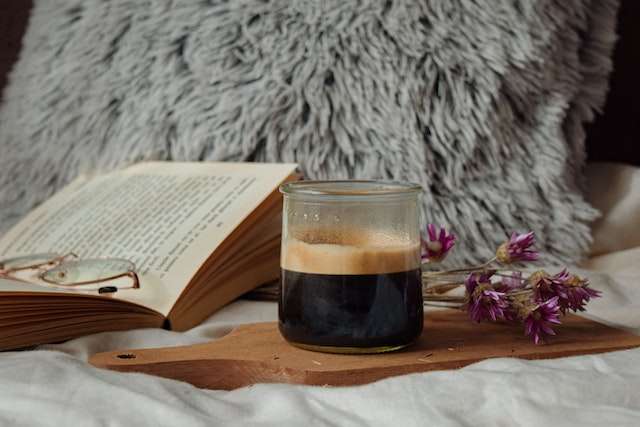
Caffeine Factors
Bean Type
Two primary coffee bean species dominate the global market: Coffea Arabica and Coffea Canephora (commonly known as Robusta). Robusta beans contain approximately twice the caffeine content of Arabica beans. Therefore, if you’re looking for a coffee with less caffeine, opt for one made from Arabica beans.
Roasting Process
It might come as a surprise, but the roasting process also plays a role in determining the caffeine content of your coffee. Contrary to popular belief, darker roasts, which have a more robust flavor, contain slightly less caffeine than lighter roasts. This is because the roasting process reduces the caffeine content of the beans. However, the difference in caffeine levels between light and dark roasts is typically small, so it’s not the most critical factor to consider when selecting a low-caffeine coffee.
Brewing Method
The method you use to prepare your coffee has a significant impact on its caffeine content. Espresso, for example, contains more caffeine per volume than regular drip coffee. However, since espresso servings are typically smaller, you end up consuming less caffeine overall. Brewing methods like the cold brew and French press can also yield higher caffeine concentrations.
Serving Size
The caffeine content of your coffee is also affected by the serving size. A smaller serving will naturally contain less caffeine than a larger one. Thus, by controlling the amount of coffee you consume, you can effectively manage your caffeine intake.
Types of Coffee
Now that we understand the factors affecting caffeine content in coffee, let’s explore the various types of coffee that offer lower caffeine levels.
Decaf Coffee
Decaf coffee is the most apparent choice for those seeking minimal caffeine. In decaf coffee, about 97% of the caffeine is removed through various processes such as the Swiss Water Process or the use of solvents. This type of coffee allows you to relish the flavor without the caffeine jolt.
Decaf 100% Arabica Espresso
Lavazza uses only the best, 100% Arabica varieties of coffee for its water-processed decaffeinated espresso. After decaffeination, the coffees are masterfully roasted and blended to produce an amazingly rich cup of espresso. Lavazza Espresso Decaffeinato is ground finer to produce an aromatic espresso with thick and persistent crema, so satisfying it is hard to believe it is decaffeinated.
Single-Origin Arabica Coffee
Another great choice for a low-caffeine coffee is single-origin Arabica coffee. As we’ve discussed earlier, Arabica beans naturally contain less caffeine than their Robusta counterparts. Single-origin Arabica coffee, especially those lightly roasted, allows you to experience a distinct flavor profile while keeping your caffeine intake relatively low.
Half-Caf Coffee
Half-Caf coffee is another excellent option for those wanting to lower their caffeine intake without completely eliminating it. As the name suggests, Half-Caf coffee is a blend of 50% decaf and 50% regular coffee, providing a perfect middle ground for those seeking reduced caffeine content without compromising the traditional coffee taste.
Flavored Coffees
Flavored coffees, such as vanilla, caramel, or hazelnut coffees, typically contain less caffeine as a portion of the coffee is replaced with flavorings. However, it’s crucial to note that these coffees often contain added sugars and artificial flavorings.
Choosing the Right Coffee
Choosing a coffee with less caffeine doesn’t mean you have to compromise on taste. It’s all about finding a balance that suits your preference and health needs. Whether you’re a fan of the bold flavors of dark roast or the subtle notes of light roast, there’s a low-caffeine coffee out there for you.
Remember, everyone reacts to caffeine differently. Some might feel jittery after a single cup, while others can consume multiple cups without feeling any side effects. The key is to listen to your body and adjust your coffee consumption accordingly.

Conclusion
The world of coffee is vast and diverse, offering something for everyone. Whether you’re a caffeine lover or someone seeking a milder experience, understanding the various factors that affect caffeine content can help you make informed choices about your coffee consumption.
Decaf coffee is the best option for those looking for the least caffeine. However, light-roast Arabica coffee, Half-Caf coffee, and flavored coffees also make excellent low-caffeine choices.
In the end, the perfect cup of coffee is the one that brings you joy and fits your lifestyle. As you continue your journey through the delightful world of coffee, you can now do so with a deeper understanding of its caffeine content. Happy brewing!

